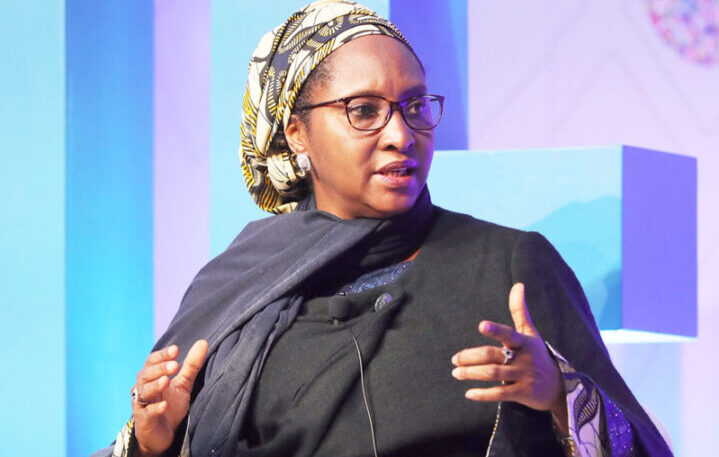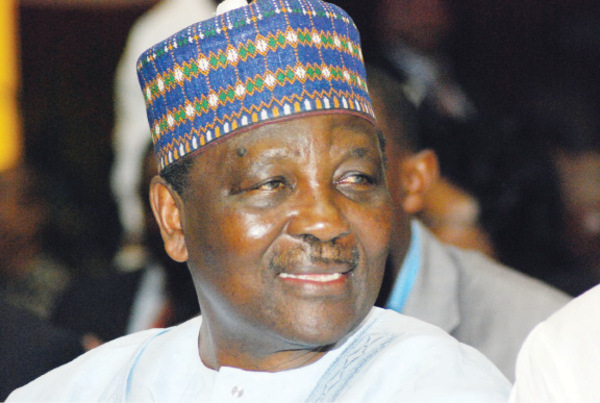Zainab Ahmed, minister of finance, budget and national planning, says the federal government exceeded its 3 percent fiscal borrowing threshold in 2020 because of the COVID-19 pandemic.
The fiscal responsibility law provides a limit of 3 percent debt threshold for sustainability but the president can “exceed the ceiling if there is a clear and present threat to national security or sovereignty of Nigeria”.
According to the Debt Management Office (DMO), Nigeria’s total public debt stock stood at N33.10 trillion in Q1 2021, representing an increase of N191 billion compared to the N32.91 trillion recorded in December 2020.
In an interview with France 24 on Thursday, the minister said the government has set a 3 percent borrowing limit for 2021 after exceeding its borrowing threshold last year.
Advertisement
She said COVID-19 heightened inflation, an insufficient supply of foreign exchange, and the overall slow growth of the economy.
“Unfortunately, the COVID-19 has set us back in terms of reducing borrowing. Our target was that from 2021, our borrowing from local and international sources would reduce,” she said.
“But in 2020, we have had to borrow much more than we plan and that meant we’ve exceeded our fiscal threshold that we shouldn’t borrow much more than 3 percent of GDP.
Advertisement
“We are now at about 4 per cent of GDP. That is a target we are trying to work on and bring down.”
In the first quarter of 2021, the nation’s gross domestic product (GDP) grew 0.51 percent after emerging from COVID-19 induced recession in the fourth of 2020 with 0.11 percent growth.
Ahmed said the federal government is looking at various sources to enhance the revenue basket of the nation by introducing an efficient collection system.
“What we are doing on the revenue side is that we have voted an initiative called Strategic Revenue initiative – our target is to move revenue of our GDP from the current 8 percent to 15 per cent,” she added.
Advertisement
“Eight percent is quite for the size of the Nigerian economy. It means we are looking at all various revenue sources by introducing an efficient collection. And also introducing new forms of revenue to enhance the revenue basket.”
The minister said fiscal space remains tight, and the federal government is re-planning by cutting down non-essential expenditures, providing resources for the health sector, and ensuring a tight security network in the northeast.
Add a comment






